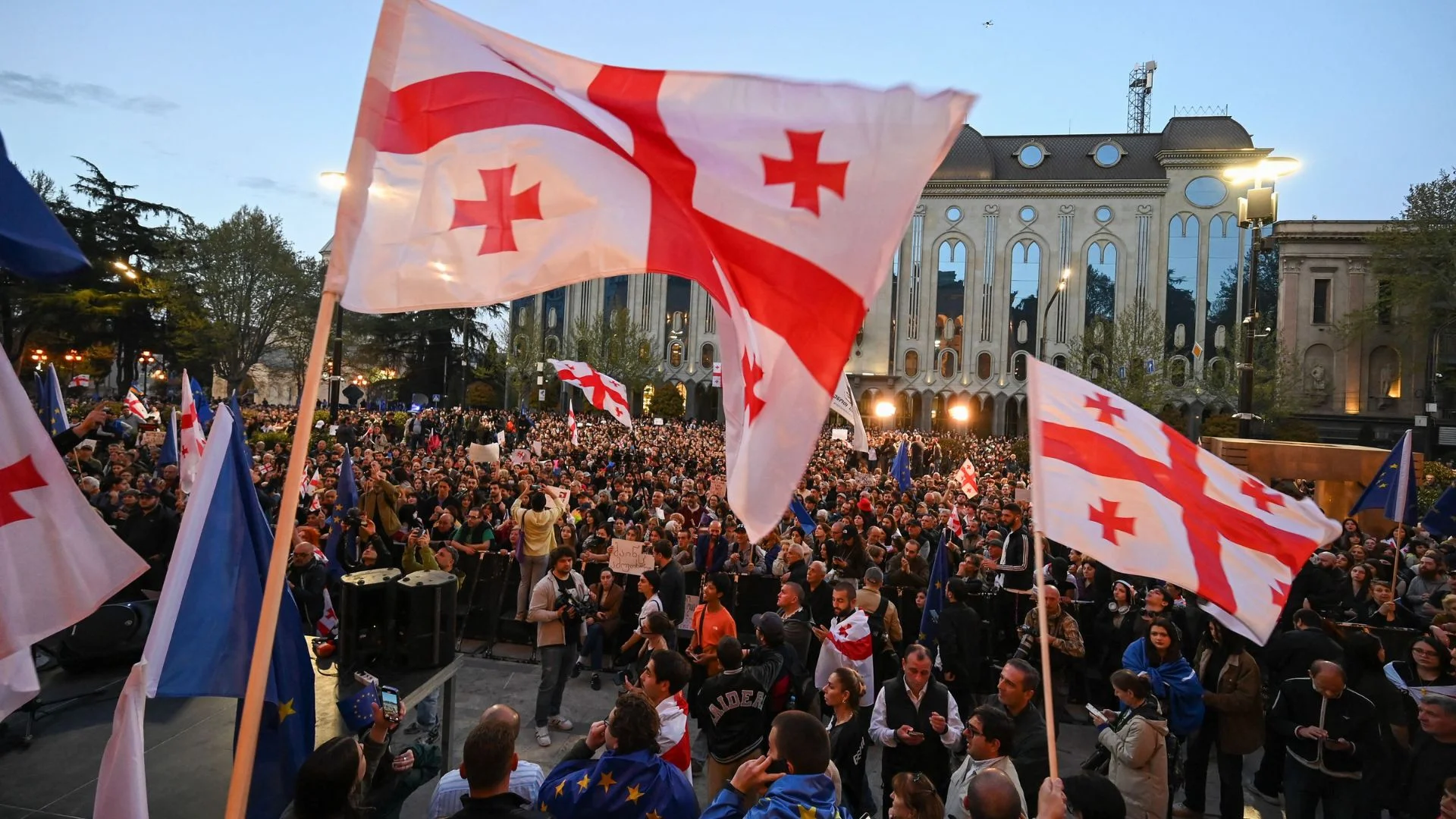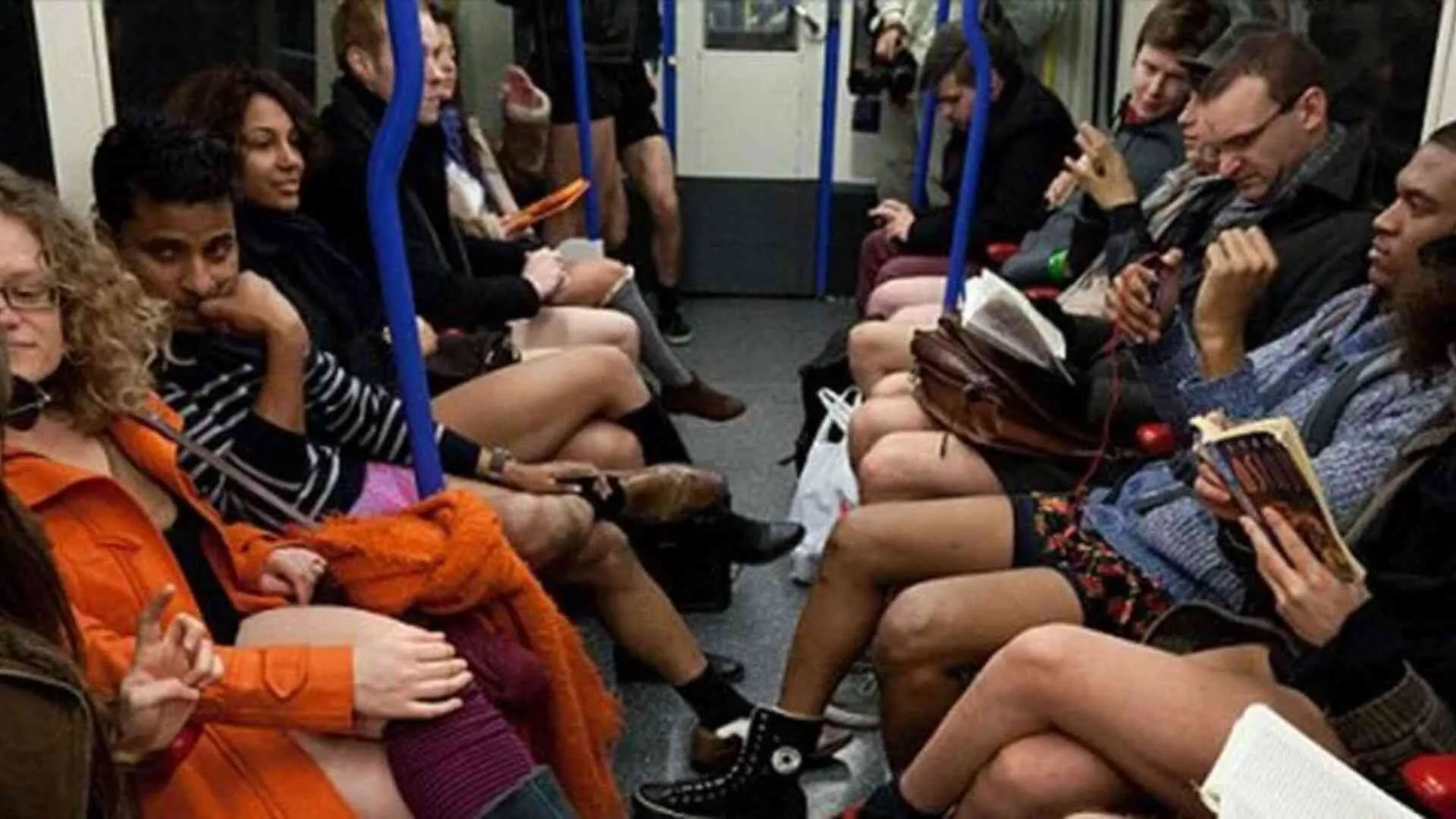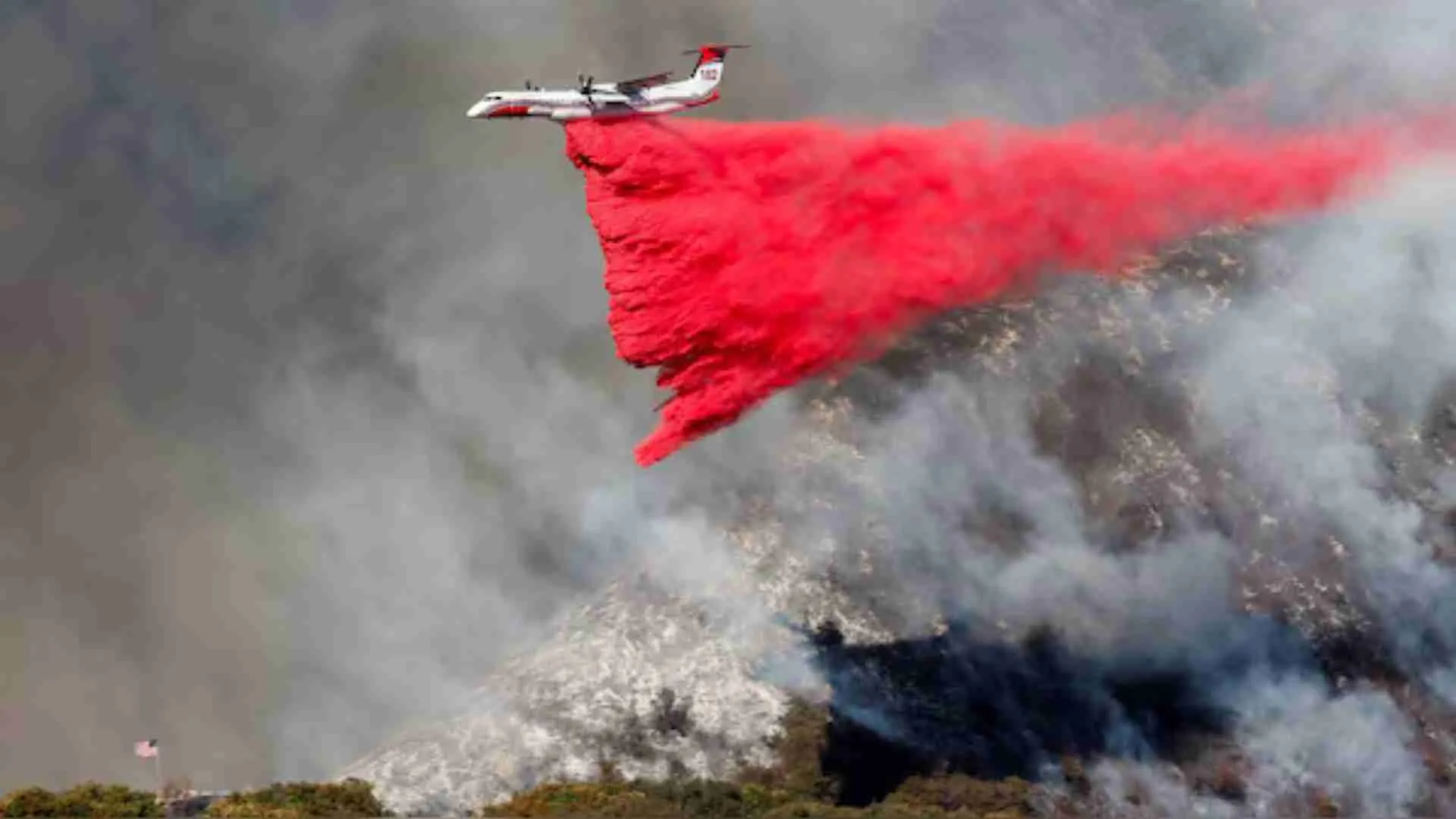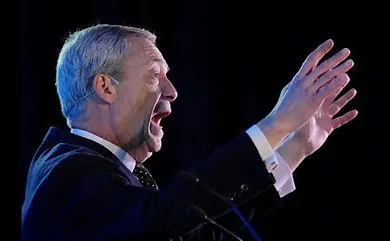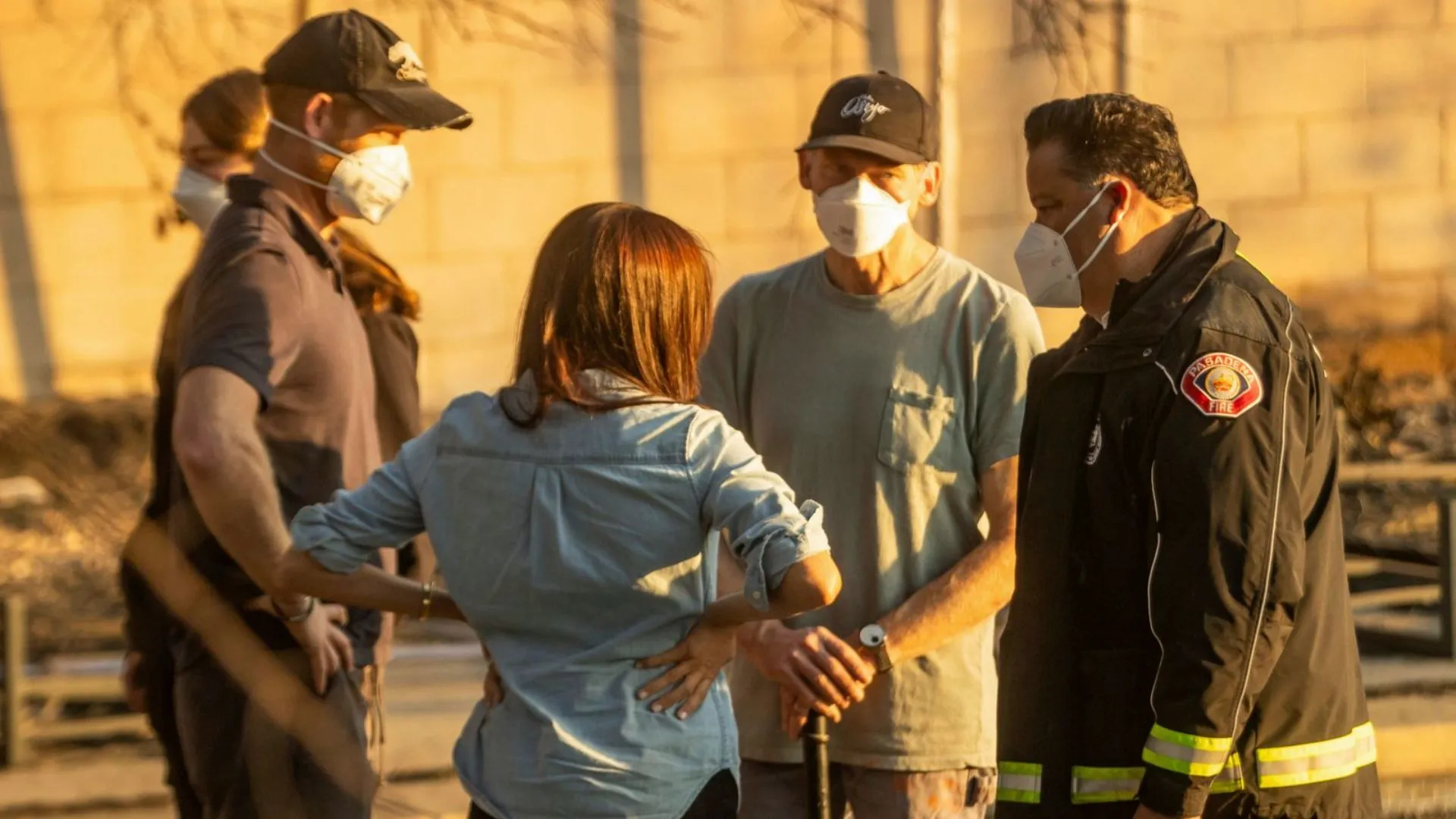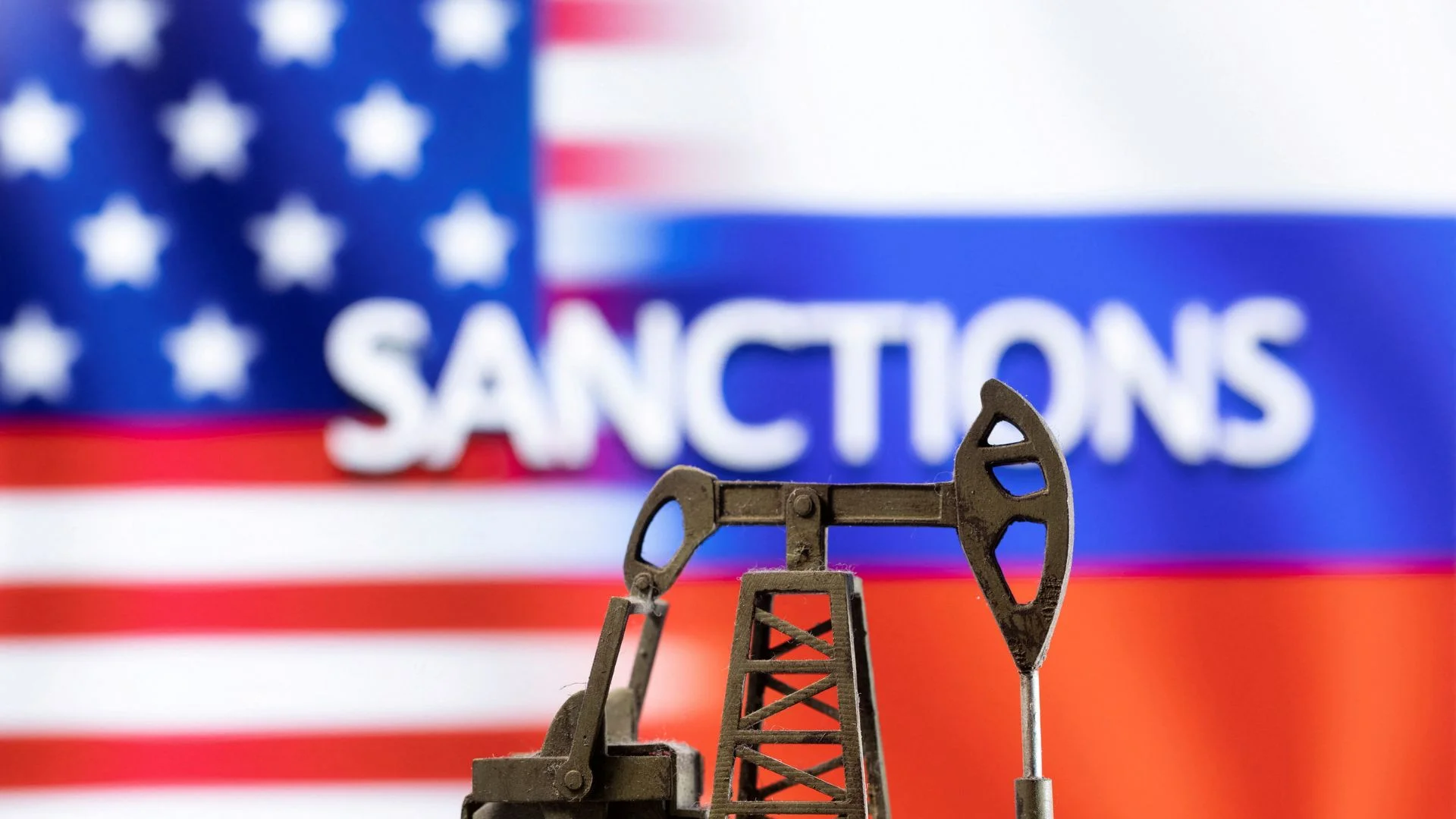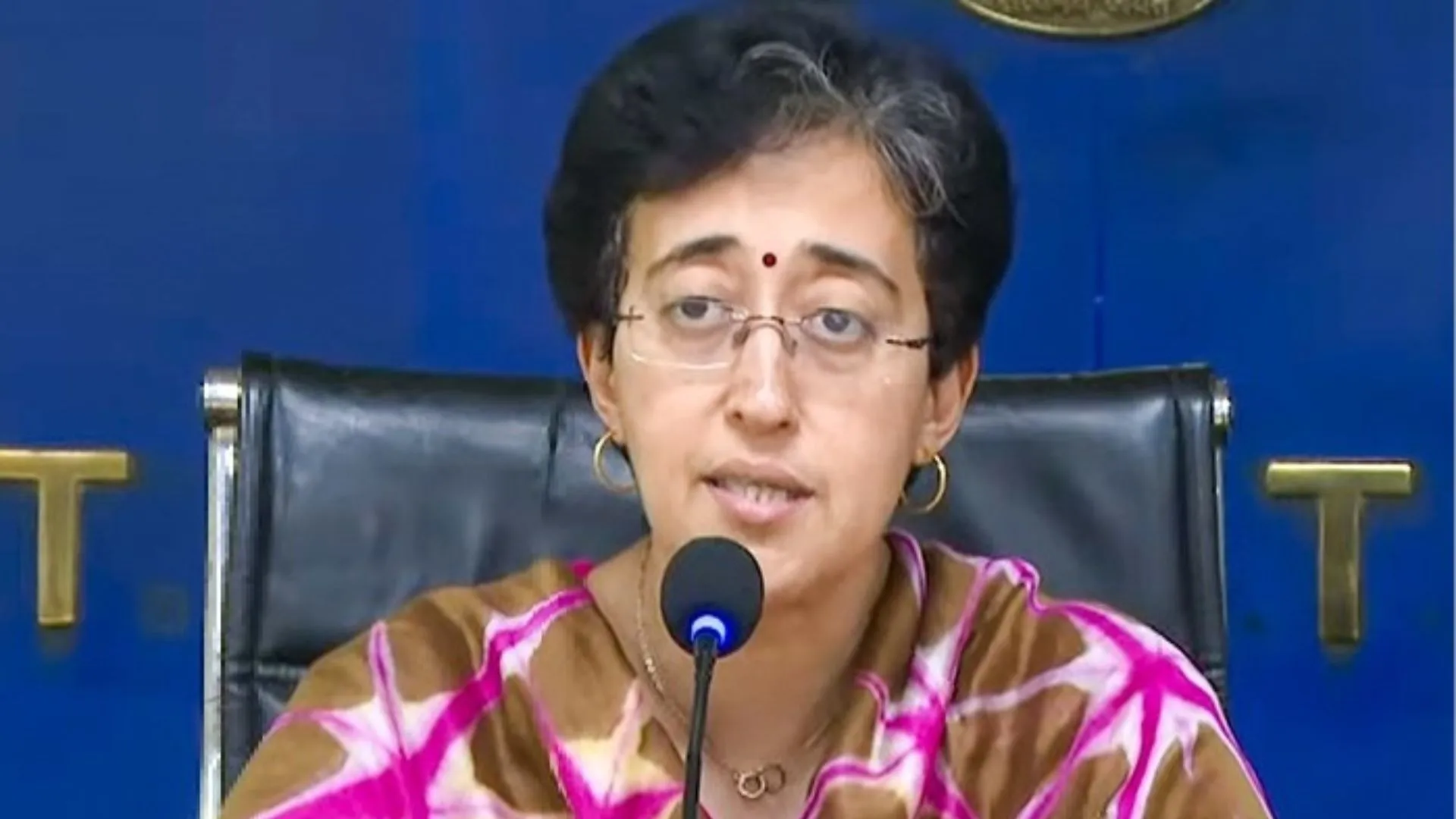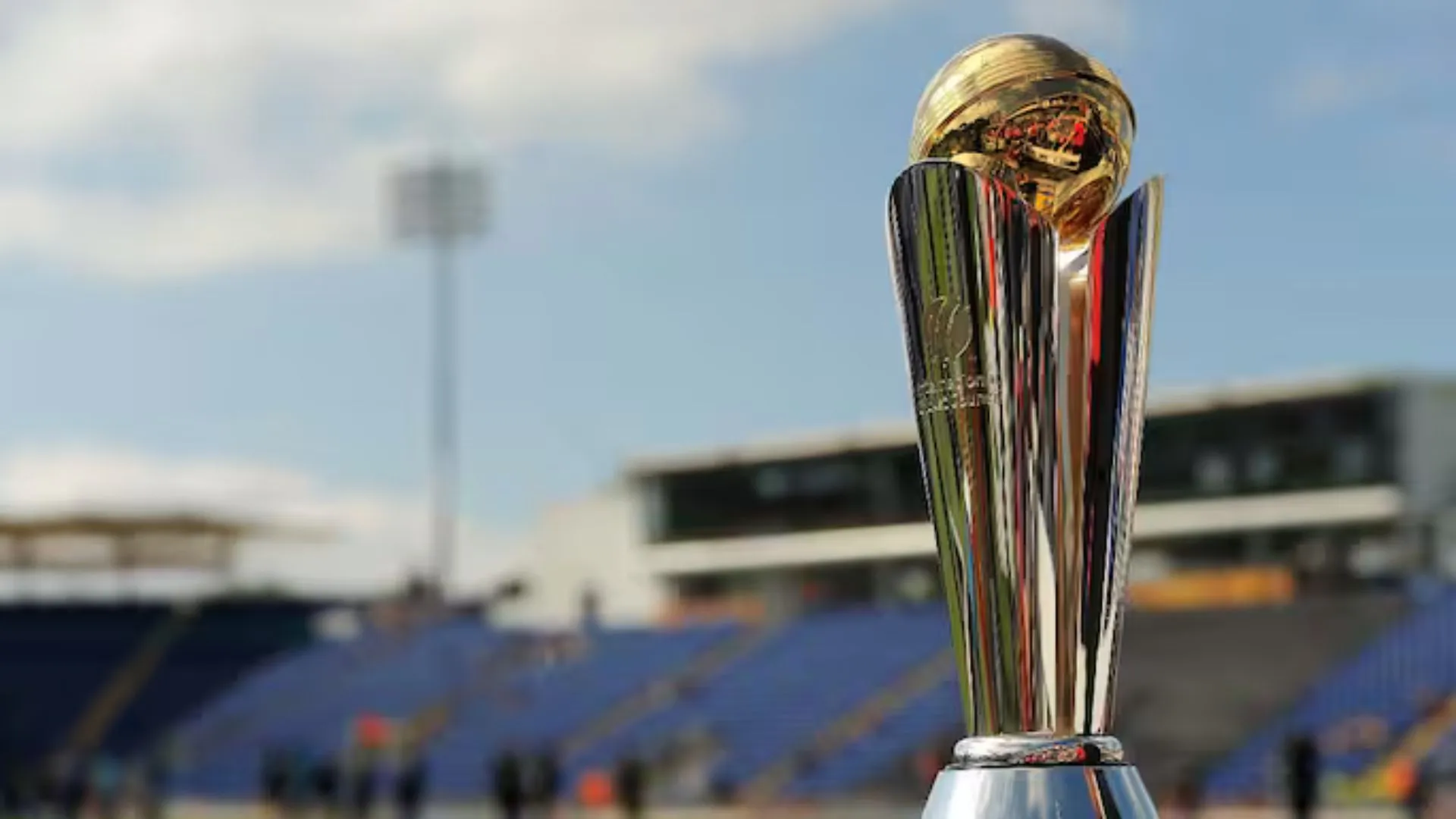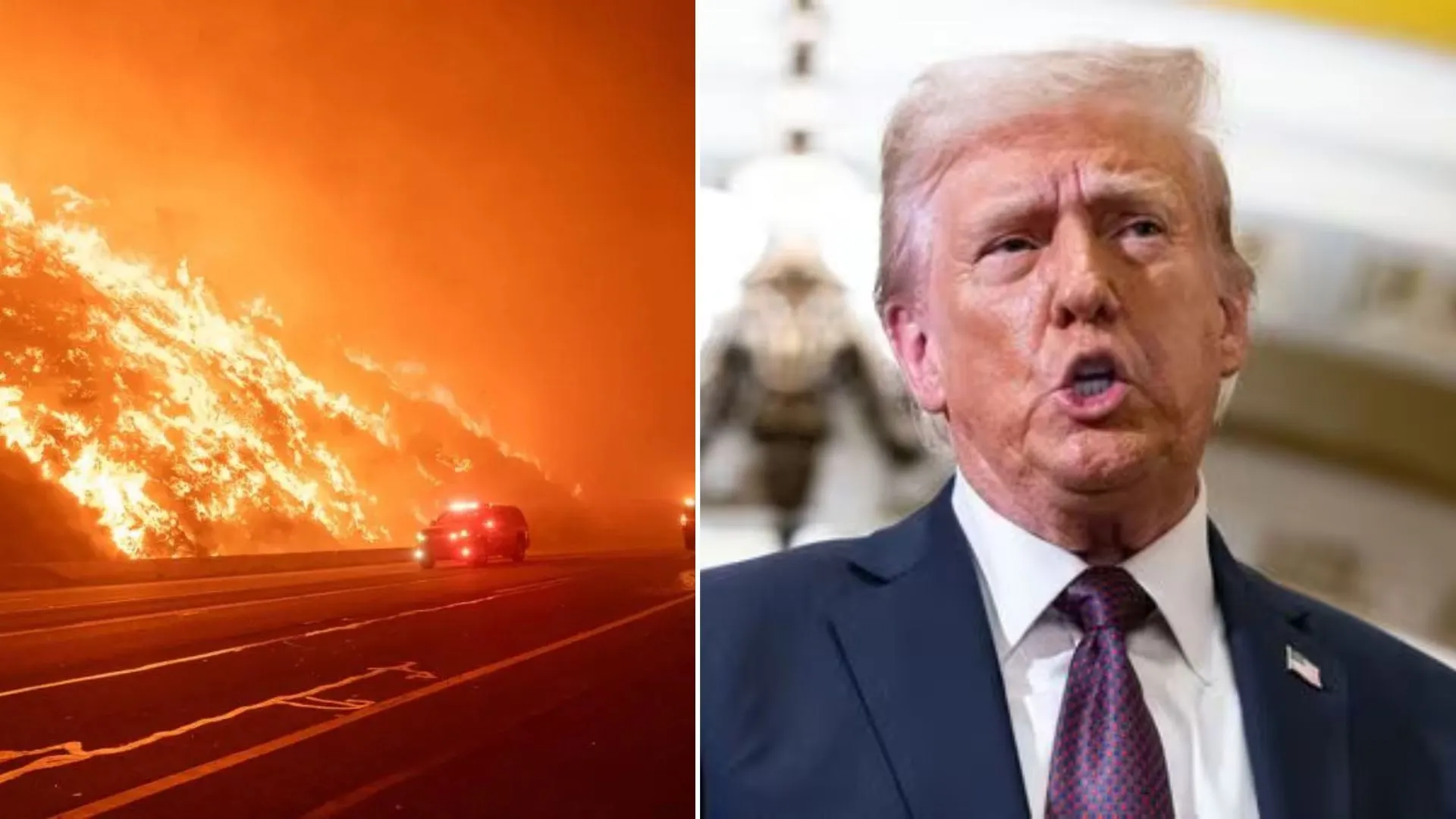Georgia protests, which has now lasted for almost two weeks, erupted in response to the Georgian government’s decision to delay the country’s bid to join the European Union. These demonstrations have been met with a heavy police response, resulting in over 400 arrests, with approximately 30 individuals facing criminal charges related to violence and attempts to overthrow the government. Two pro-EU opposition leaders are among those jailed.
In Georgia, a 52-year-old man, Giorgi Terishvili, has been arrested for his participation in protests government moves that many see as pro-Russian. Giorgi’s mother, Marina Terishvili, spoke out following his detention, explaining that her son was honoring the memory of his late brother, Mamuka, who was killed during Georgia’s civil war in 1992. Giorgi was arrested on Friday by police in Tbilisi and is now facing charges of “group violence,” which could carry a sentence of up to six years in prison.
Rights groups have condemned the crackdown, calling it the harshest in Georgia in recent memory. Protesters, many of whom argue that their country should be aligning more with the West rather than Russia, have clashed with police, throwing fireworks and other projectiles. More than 150 police officers have been reported injured, and the government has stated that some opposition party offices were found with materials for making petrol bombs, which the parties claim were planted.
Prime Minister Irakli Kobakhidze defended the government’s actions, stating that the opposition’s attempts to seize power had failed. Meanwhile, the European Union and Western nations have expressed concern over the severity of the crackdown, with calls for sanctions against the Georgian authorities. The unrest comes amid growing frustration over the Georgian Dream party’s shift toward a more pragmatic stance on Russia, which many fear undermines Georgia’s aspirations for closer ties with Europe.

